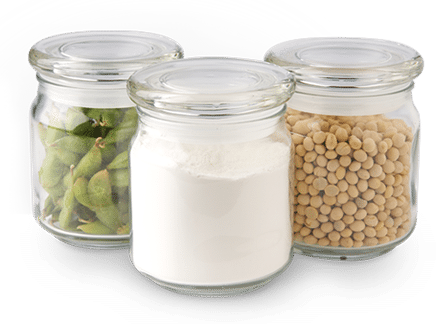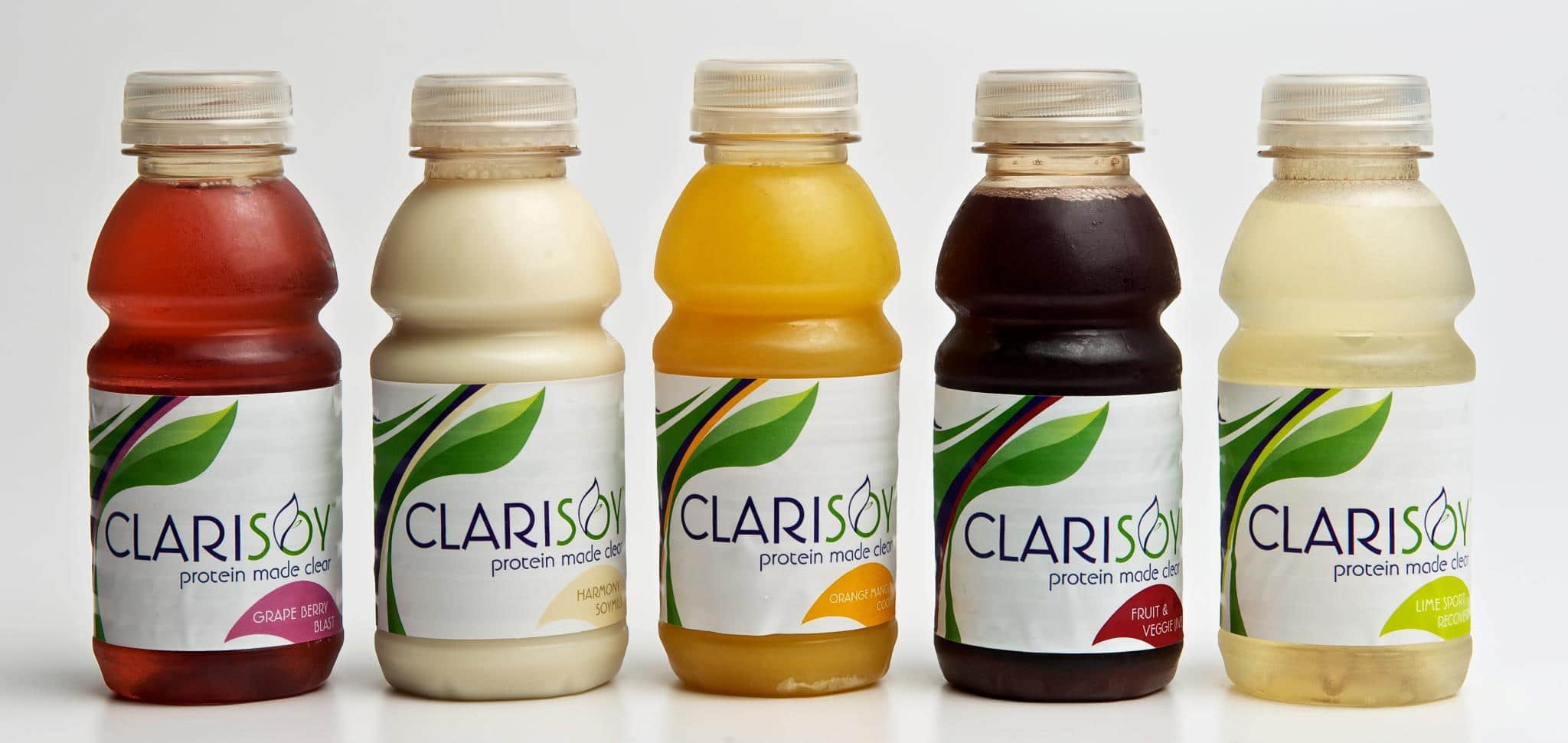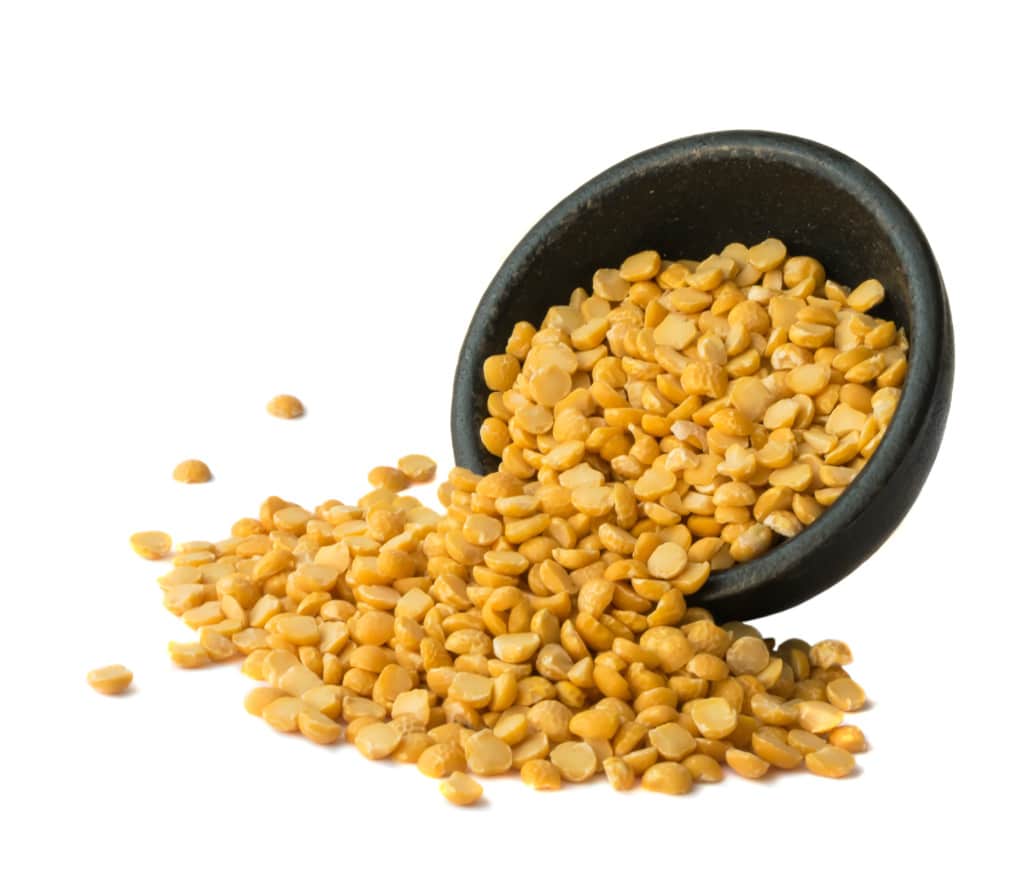
Despite the stock’s troubles in 2021, Beacon Securities analyst Doug Cooper is feeling bullish about Burcon Nutrascience (Burcon Nutrascience Stock Quote, Chart, News, Analysts, Financials TSX:BU). Cooper named Burcon his top plant-based pick for 2022 while maintaining a “Buy” rating and target price of $8/share for a potential return of 480 per cent in an update to clients on December 15.
Incorporated in 1998 and headquartered in Vancouver, Burcon Nutrascience develops plant proteins and ingredients for use in the food and beverage industries in Canada. Its product line includes pea proteins Peazac and Peazazz, canola proteins Nutratein, Puratein and Supertein, soy offering CLARISOY, protein blend MeritPro, the Peazazz and Supertein blend Nutratein-PS and Nutratein-TZ, a Puratein and Peazac blend.
Burcon Nutrascience’s stock price has been trending downward toward the end of 2021, trading as low as $1.33/share on December 3 as part of a year that’s seen the stock fall 52.9 per cent, though Cooper said the drop in share price has been similarly felt across the small cap and plant-based spaces.
“This performance, however, is not in a vacuum as both small cap stocks in general and plant-based companies in particular, both large and small, have posted similar returns over the same period,” Cooper said.
“In our view, certainly part of the underperformance this year is related to the rapidity of the share price appreciation immediately prior to this recent decline, as well as the delay in commissioning and ramping-up Merit’s facility,” Cooper added. “Despite these factors as well as ongoing tax-loss selling, we believe the shares of Burcon at current levels offer a compelling value proposition given its differentiated and proprietary position in the value chain of the growing, yet dynamic plant-based food industry.”
Cooper points to multiple factors driving his optimism around a potential tailwind in Burcon’s stock price, namely the idea that major consumer packaging companies like Nestle, Pepsi, Coca Cola, Kraft-Heinz, General Mills, Kellog’s, and Danone, among others will need a differentiating factor in their products as they move into the plant-based space.
Cooper believes Burcon provides that differentiation, as the company does not compete directly in the CPG market, but instead uses its patented IP to provide such companies the ingredients which they can use to differentiate their products.
“As such, it is the ‘picks and shovels’ of the plant-based industry,” Cooper said.
All told, Burcon has 299 patents, including 73 in the United States, with an additional 210 active applications. The technology has allowed Burcon to develop processes to produce pea protein with 90 per cent purity versus typical pea proteins at 61 to 68 per cent. Furthermore, the company has also developed the only canola-based isolates which offer greater than 90 per cent protein to Cooper’s knowledge, while the gelling and binding properties are ideal for frozen desserts and yogurt, potentially two of the highest growth segments of the plant-based industry.
“The bottom-line is that Merit, together with Burcon’s IP, provides CPGs with the ingredients that they require to differentiate their products, specifically around protein content, taste and texture – all of which will become increasingly important as the industry grows yet becomes more competitive,” Cooper said.
Cooper also referenced the idea of traditional processors achieving vertical integration into plant-based ingredients through mergers and acquisitions, making Burcon a potential acquisition target for a company like Bunge, which owns 30 per cent of the Merit venture with Burcon. While Bunge is expected to reach $57 billion this year with $2.8 billion in EBITDA, Cooper believes Bunge could become more interested in acquiring Burcon once it knows the Merit processing plant in Winnipeg will work properly, as it would be a potential blueprint for further expansion.
Though Cooper notes that the industry’s stock prices would seem to indicate a downturn in the plant-based phenomenon, he also pointed to a recent Bloomberg report which forecasted that the industry is set to grow from about US$35 billion this year to US$162 billion in 2032, producing a ten-year CAGR of 19 per cent compared to the roughly three per cent projection for the grocery market in general.
“At a current price of $1.40, our analysis shows that the shares of Burcon have an exceptional risk-return profile. The key, in our opinion, will be the quality of the proteins from the plant and CPGs acceptance of them, which should be known in the next 6 months or so. With a short knowledge fuse, significant upside potential and BU with $11 million with cash, we believe investors should take advantage of this share price weakness,” Cooper wrote.
Leave a Reply
You must be logged in to post a comment.






 Share
Share Tweet
Tweet Share
Share




Comment